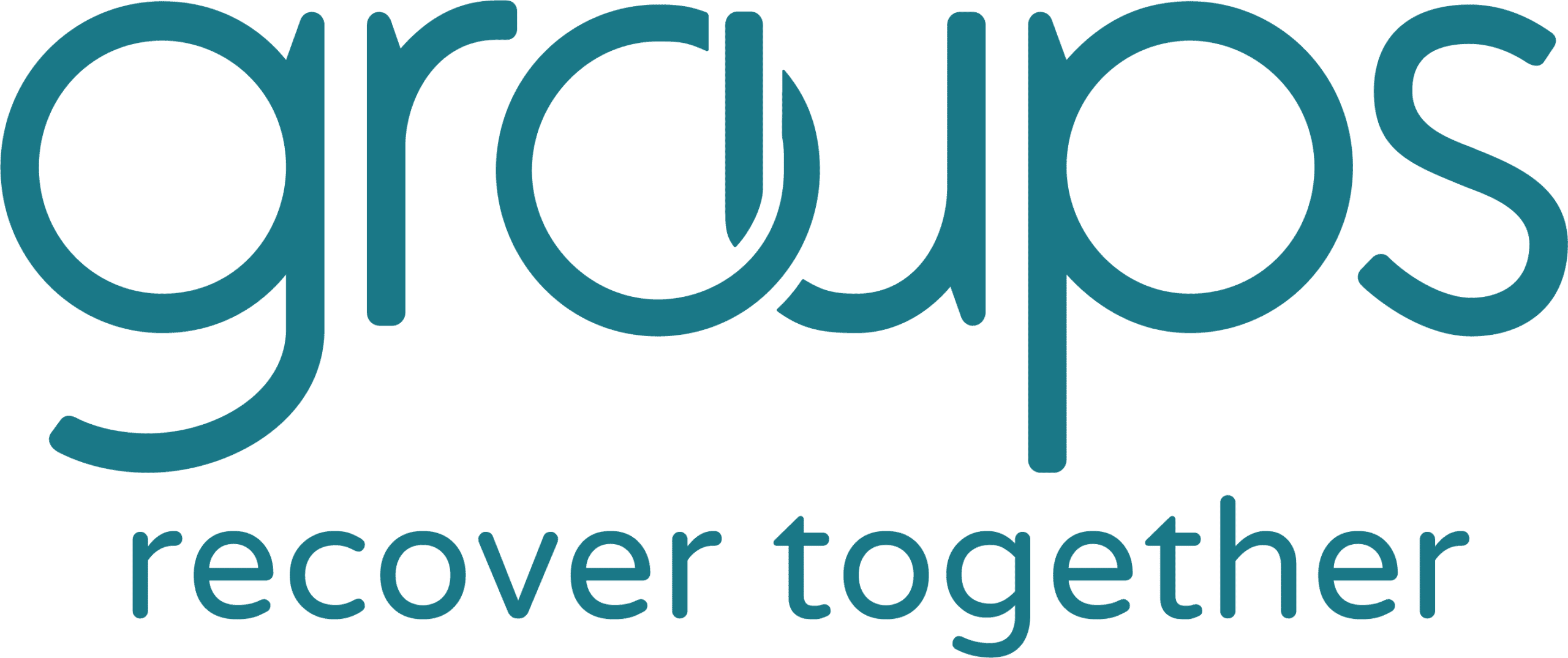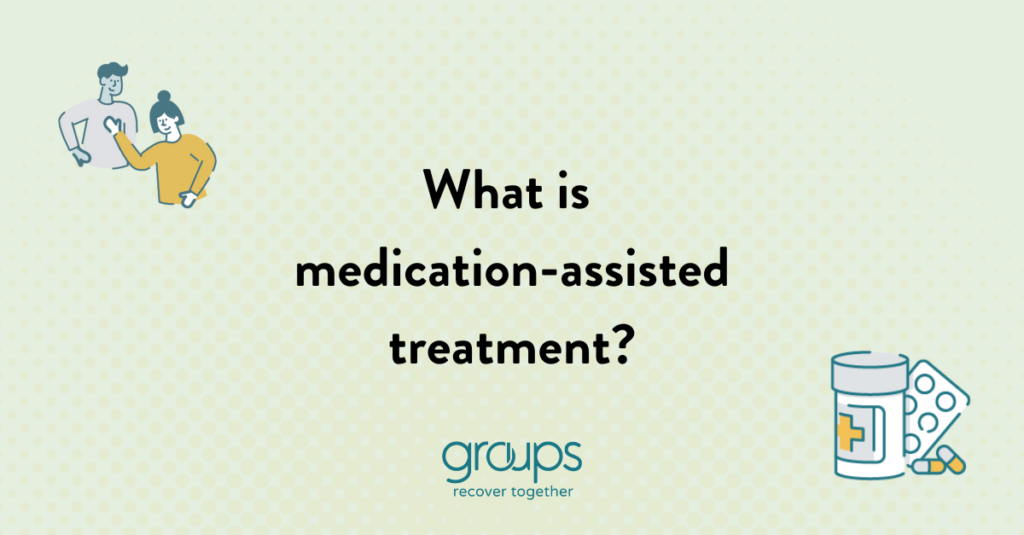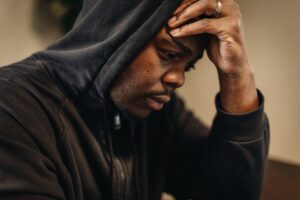Opioid use disorder is a serious and challenging condition that affects millions of people. Thankfully, there are effective treatments that can help people recover and lead healthier lives. If you’re familiar with substance use recovery, you may have heard about medication assisted treatment (MAT) and medications for opioid use disorder (MOUD). Both terms are connected to medication for addiction treatment for opioid use disorders.
While these terms sound similar and are sometimes used interchangeably, there are important differences between the two. Recognizing these differences can help you understand why it’s vital to use the correct terminology. Understanding these differences can also help people choose the right path for their recovery journey.
What is MAT?
MAT, or medication assisted treatment, is a general term for different medications that help people who are recovering from any addiction, including opioids. MAT isn’t just about taking the medication. It’s a part of a bigger treatment plan that usually also includes therapy and counseling.
The main goal of MAT is to help reduce the cravings and withdrawal symptoms. When someone stops using opioids, they can experience uncomfortable and painful withdrawal symptoms. MAT can help make this process easier by reducing cravings and physical symptoms. This allows people to focus on other parts of their recovery, like:
- Therapy
- Building their support system
- Learning to live without opioids
MAT is often used as an umbrella term and can include medications for OUD as well as AUD, stimulant use and more. These medications can help reduce cravings, prevent opioid use, and block the effects of opioids. They can also help improve overall health.
What is MOUD?
MOUD, or medications for opioid use disorder, is a specific treatment for opioid addiction. While it’s similar to MAT, MOUD refers only to medications used for treating opioid use disorder (OUD). OUD is the medical term for opioid addiction.
Like MAT, MOUD uses medications to help people manage their addiction. The key difference is that MOUD specifically targets opioid use disorder.
The medications in MOUD can be agonists or antagonists:
- Agonists — Agonist medications activate opioid receptors in the brain, but in a much weaker and more controlled way than illegal opioids. This helps reduce cravings and withdrawal symptoms without causing a high. Methadone and buprenorphine are agonist medications.
- Antagonists — Antagonists work differently by blocking opioid receptors. This means that if someone tries to use opioids while taking an antagonist medication, like naltrexone, they won’t feel anything. This can help stay on track with recovery. Naltrexone is an antagonist medication.
MOUD is a very effective treatment for opioid addiction. It can lower the chances of using again overdose, and other harmful effects of opioid use. However, MOUD is just one part of a treatment plan; recovery also includes therapy, counseling and a strong support system. Overcoming addiction is a process that requires both physical and emotional healing.
Why the words we use matter: Opioid addiction recovery is ongoing
The words we use when talking about addiction and recovery matter more than we might think. When we talk about opioid addiction recovery, it’s important to understand that it’s an ongoing process, not a quick fix. Addiction is a lifelong condition, and recovery is something that takes time, support and effort.
Using the right words helps people understand that recovery is a journey with no clear endpoint. Terms like MAT and MOUD show that addiction recovery is about treatment and management over time, not just a simple cure. This change in language can help reduce the stigma around addiction and shows that recovery is a long-term commitment. Some people believe that these treatments are just another form of addiction. However, they can be very effective in helping people recover from opioid addiction.
Access to treatment can also be improved by using the right words. Some people may be reluctant to get treatment if they’re not sure which term to use. This means that people may not ask for the help they deserve because they don’t know which is the best starting point for them.
Remember, everyone’s recovery is different. Some people may need MAT or MOUD for a long time, while others may eventually stop using these medications as they get stronger in their recovery. The most important thing is that recovery is personal. People should never feel ashamed if their recovery looks different from someone else’s. There is no one-size-fits-all approach to treatment. What works for one person may not work for another.
Recovery is a process. It takes time and patience. Using words like MAT and MOUD can help us recognize that addiction is something that can be treated, but it requires support and effort every day.
Find hope and healing at Groups Recover Together
At Groups, we believe everyone deserves the chance to recover, and we are committed to being with you every step of the way. Our goal is to help you achieve lasting recovery. It’s not a quick fix, but an ongoing journey. With the right treatment and support, you can overcome the challenges of opioid addiction and build a brighter, healthier future.
Give our Recovery Support Specialists a call today for more information or to begin your recovery.




